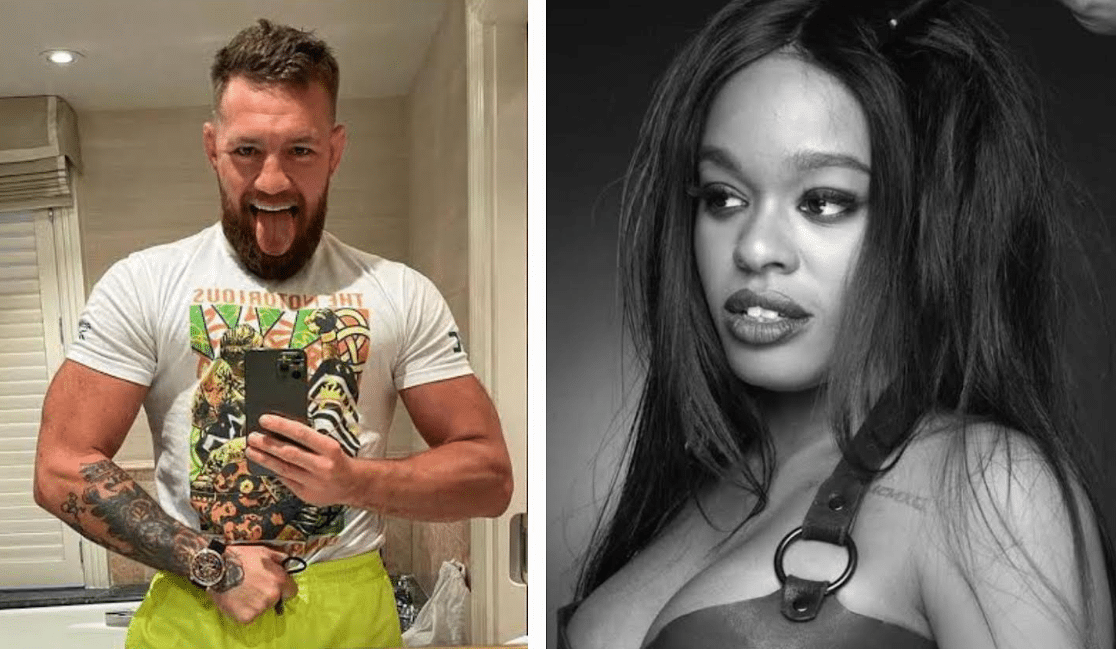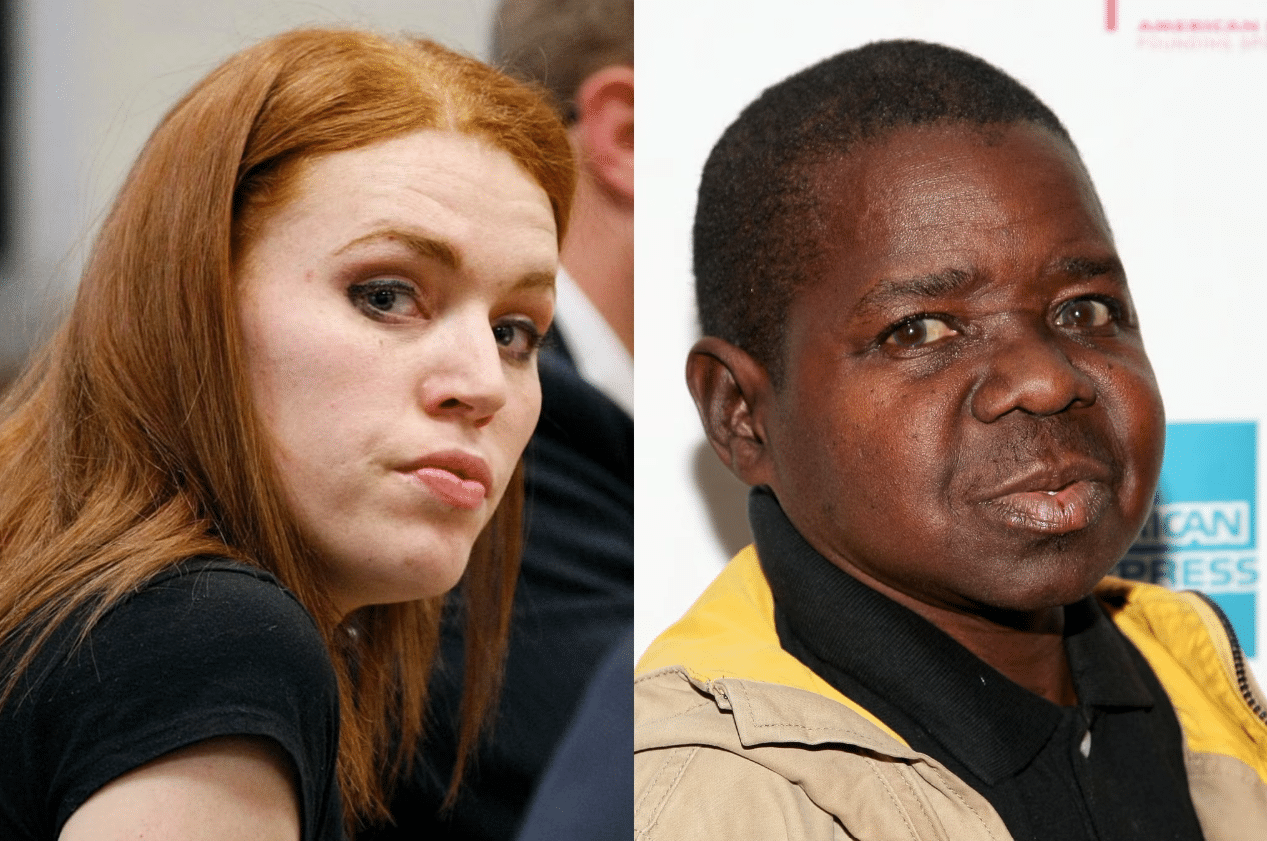The youth of Britain today are often looked down upon and sneered at by the generations further forwards in the queue to meet their maker. According to older folks, the way they did it when they were young was much better, smarter and, of course, they worked much harder.
An investigation by marketing agency Amplify set out to investigate the myths around the youth of today. Were any of the stereotypes spot on? Are today’s youngsters only interested in mobile phones and shit music? Are they lost in the thick and greasy soup of the internet? Are they entirely without their own identity and busy splurging their cash up the wall?
Rather than hypothesizing about the state of the so-called generation F, Amplify met with 2,500 Brits aged 13-25 and spoke to them. They asked pertinent questions, listened to the responses, and, most importantly, filmed it.
The researchers collected information through a load of channels to ensure that the details they gathered were as accurate a reflection of the state of play as possible. They used quantitative surveys, focus group workshops, one on one interviews, video diaries and an auto-ethnography study.
The Youth Are Alright

Amplify are releasing their results as a white paper, and also as a 7-part mini documentary series called “Young Blood.” The youths involved answered questions covering the length and breadth of their experiences, feelings and aspirations. From marketing to clothing, from music to branding. Future aspirations, hopes and fears, all included.
Rather than uncovering a lazy bunch of “screamagers,” the group came out looking independent, strong-minded and complex. After all, this “millennial” generation have grown up in an environment so much more complicated than any generation before, it was bound to be interesting. Never before has a generation had access to so much information.
Bexy Cameron at Amplify explains the forces behind this driven and positive group of young adults:
“Young people are ripping up the rule book of their parents and grandparents, using technology to rewrite the way they define everything from friendships to their genders.
Essentially they are saying ‘fuck this’ to the expectations of previous generations – whether that’s career paths, modes of rebellion or role models.
They’ve grown up through a recession and live their lives through the lens of social media scrutiny and now they’re writing their own rules to find happiness.”
The research uncovered a whole host of intriguing facts and stats about today’s 13-25 year olds. For instance, whereas their parents and grandparents were primarily focused on getting a good car and a house, this generation are looking for happiness and personal fulfillment. That’s their primary focus, way above material gain.
Perhaps this rejection of material wealth is partly due to being dragged through a recession during their formative years. If so, it seems to be reflected in their feelings about financial planning. An impressive 90% of 20-25 year olds have savings, and 25% are planning for the long-term.
Fashion Vacuum?

One thing that is often claimed about the millennials is that they have no true styles, identities or defined subcultures. For instance, in the 70s, there was the punk movement, Generation F doesn’t appear to have anything so pushy and stylistically radical.
But, back in the 70s, where did punks, or non-punks, get their styles? Magazines and TV predominantly. The end. Now, the all-pervasive influx of multimedia and the internet means that today’s subsections of youth are blended and much more complicated; they take their styles from anywhere in the world, any culture, any genre that takes their fancy. This has the effect of blending out major differences, but gives a depth of character not seen before.
The Amplify team also found that these identities, and the ways in which they define themselves, flipped and changed much quicker than they ever have before. Bexy says:
“What became evident through this project was the speed at which these definitions were made, evolved and re-defined. In some cases we found a view someone held at age 15 had completely changed by 17. The traditional broad brush strokes labels and stereotypes attributed to young people, just can not do their nuance justice.”
Another stark contrast between the millennials and other generations before them is a shift in priority from getting smashed to getting healthy. Smoking, drug-taking and drinking are all on the decline. More than 34% said that bad health is their biggest concern for the future. That, if nothing else, is a hugely positive change that British culture will benefit from in the future.
If you want to check out the documentary, here’s the first part, it’s fascinating and heartening stuff:
I’ll leave you with a last word from Bexy, because she nails it:
“Although at first sight, this generation may seem lost, disengaged and even hopeless, scratch just below the surface and you will find positivity, drive and a refreshingly entrepreneurial spirit.
We often feel concerned when we don’t see young people engaging in the behaviours we are familiar with, but what we must remember is that we are living in an age where traditional roles and institutions are failing and these young people are finding ways to make the world work for them.
If we could step back, judge less and try to understand more, we could learn a thing or two.”
Fuck yeah.















